 Yocheved Lifshitz speaks outside Ichilov Hospital after it was liberated by Hamas on Monday. Photo: Alexi J. Rosenfeld/Getty
Yocheved Lifshitz speaks outside Ichilov Hospital after it was liberated by Hamas on Monday. Photo: Alexi J. Rosenfeld/Getty
Killing hundreds of unarmed people taking others captive in cold blood so you can soften the counterattack and live to fight another day.
This is the brutal, dispassionate calculation of Hamas in the sector Gaza, who is preparing to play what will likely be his last card — the trade of more than 200 hostages; men, women and children.
The group's sponsors in Iran want a ceasefire to preserve their assets in the region, and using «human capital» will be a vital part of that even as it launches an unprecedented diplomatic offensive at palaces and embassies around the world following the October 7 massacre.
This is for good reason: for more than four decades, Iran's mullahs and their proxies in Lebanon and the Gaza Strip have been the world's masters at taking hostages.
“Remember how Hamas sold just one Israeli soldier, Gilad Shalit, for a thousand fighters,” Khalid Meshal, the terrorist organization’s chief negotiator, said in a combative television interview with Al-Arabiya in October.
“We will use them to empty the (Israeli) prisons and all our sons and daughters from all factions will be released. Inshallah!” he said.
 Yocheved Lifshitz, 85, and Nurit Cooper, 79, are accompanied by Hamas representatives . will be released to the Red Cross Credit: Al-Qassam Brigades
Yocheved Lifshitz, 85, and Nurit Cooper, 79, are accompanied by Hamas representatives . will be released to the Red Cross Credit: Al-Qassam Brigades
All «civilian» hostages held in the Gaza Strip will be released, but only if the right conditions are met, Mr Meshal told Sky News in a follow-up interview on Tuesday.< /p>
“Mother, daughter have been released so far and two elderly women. In the dreaded language of hostage negotiations, their release would be intended to demonstrate «good will.»
This choice is as cynical as possible, and designed to put pressure on politicians through their electorate.
p>The first two hostages released are American citizens, raising the possibility that unless Israel's allies, including Britain, can persuade it to end its ground offensive, all 50 dual citizens held by the group could be released.
< p>The second couple released were Israelis, and the idea was that the vast majority of the hostages could be saved if only ordinary Israelis could force their government to stop or delay the invasion.
Giora Eiland, former head of state member of the National Council Israeli security and the last Israeli commando to leave the land after the successful raid on Entebbe in June 1976 said today's hostage crisis was «from another time» and a rescue operation was unlikely.

“Although they are much closer to Israel compared to the situation in ’76, when the hostages were thousands of kilometers away, the situation is very different.
First of all, they are probably not in the same place. And most of them are kept underground by guards, ready to kill them at any moment if they feel that we are trying to save them.
“I'm not saying Israel shouldn't try. And I imagine there are a lot of attempts being made to get reliable information about where they are and even look at some military options. But I cannot believe that this will be the only solution to this problem.»
Most likely, Mr. Eiland said, there will be negotiations that involve an exchange of prisoners for hostages.
«Israel may free many Palestinian prisoners, including horrific murderers, but we will not end this war just to save the hostages. This will not happen,» he said.
«A very limited ceasefire.»
«And cynically I can say that even if this is done, we will certainly take military action immediately after that, which Hamas understands . very good.”
Any ceasefire would be time-limited to allow for information sharing, and the negotiation period would be short, Mr. Eiland suggested.
“There might be some -this is a very, very limited ceasefire only for the practical transfer of people, but nothing more. And any deal to exchange prisoners for hostages would be time-limited.
“Either it will happen very, very soon, or it probably won’t happen,” he said.


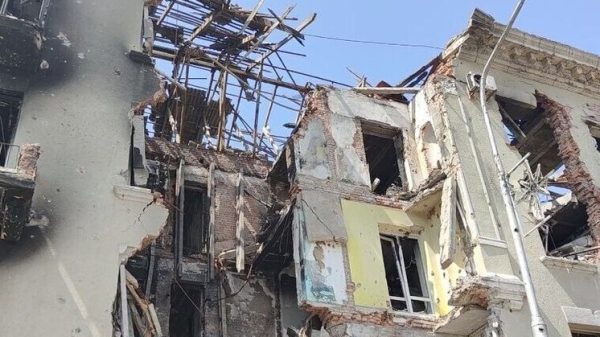
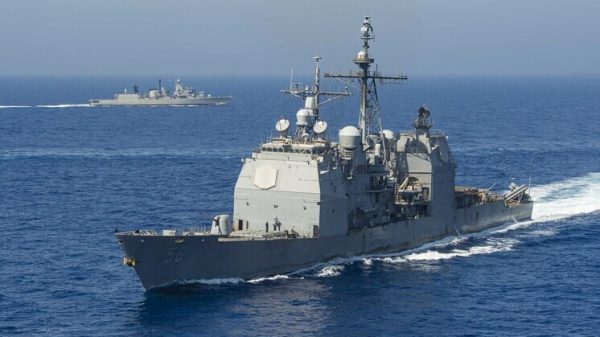
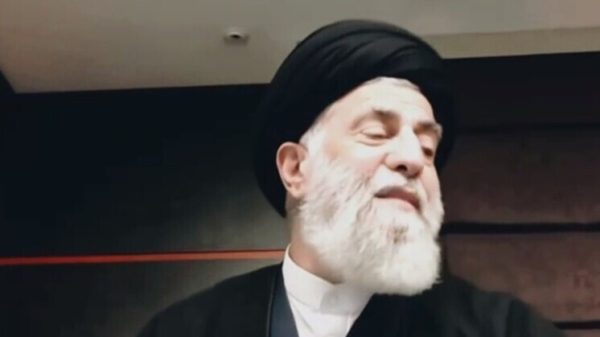






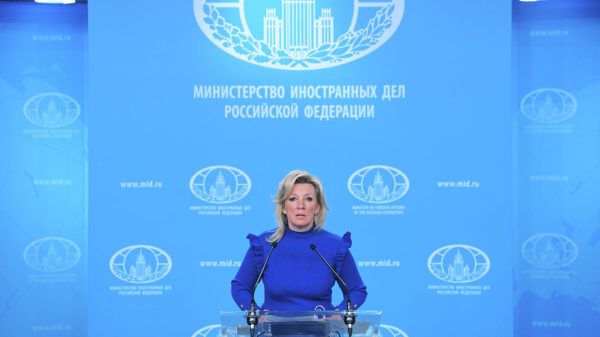


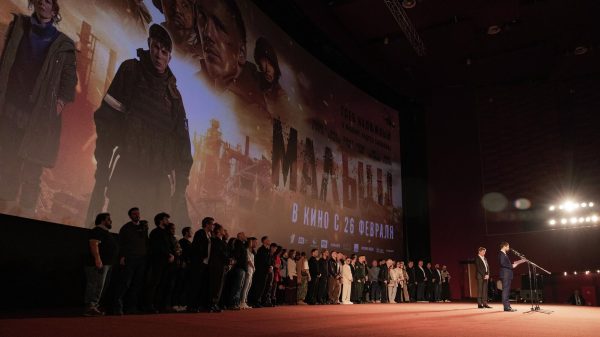





































Свежие комментарии